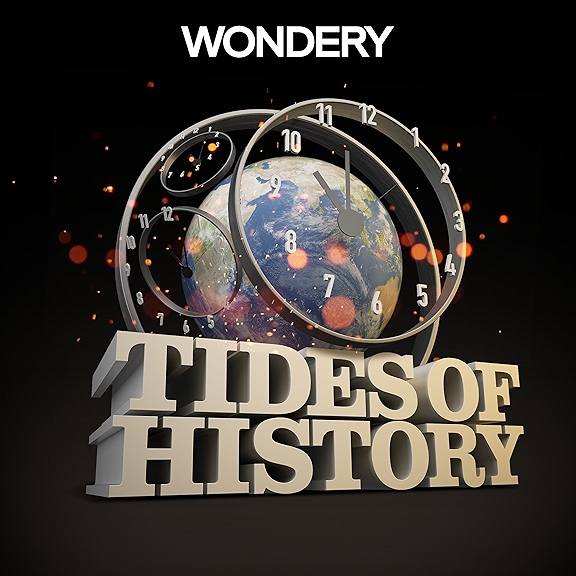
This episode addresses one of the most important and neglected aspects of early Chinese immigrants’ experience in California.
Relations between Chinese immigrants and their Anglo counterparts were not always hostile. Despite the fact that there were few women in California when Chinese men started arriving, sometimes relationships would form. The only references to such relationships that we have in the primary sources have to do with the Anglo establishment’s attempts to prevent them. Some examples include rhetoric associating Chinese men with drug use and debauchery.
See pg. 30 of this article from Harvard's online archive.
Other sources refer to legal measures taken to prevent Asian men from marrying white Women.
INTERRACIAL MARRIAGES AMONG ASIAN AMERICANS IN THE U.S. WEST, 1880- 1954
Sources from the early 20th century show that white women who married Asian men would lose their citizenship and become social outcasts. However, prior to the Chinese exclusion act of 1882, sources are scarce. Because of this, our writer, Micah Huang, turned to popular fiction accounts from the time in order to get a sense of what these characters’ experience might have been.
Forbidden Liaisons
The most compelling story of this kind that Micah was able to find was “Poor Ah Toy” by Mary Mote published circa 1870.
See PDF Page 5- The Third Sex by Robert G. Lee
Poor Ah Toy tells the story of a Chinese man who is hired as a servant by a white woman named Fanny Siddons. Over the course of the story, it becomes clear that Ah Toy has fallen in love with Fanny. Eventually she gets engaged to a white man named Jeremiah Ward, whom Ah Toy confronts, prompting Fanny to fire him. At the end of the story, Ah Toy hangs himself. Fanny marries Ward but continues to visit Ah Toy’s grave for the rest of her life.
The events in this story are informed by the sensibilities and constraints under which white women authors at the time were operating. On the face of it, it is a cautionary tale about what happens when non-white servants forget their place. However, there are sub-textual clues to a deeper, darker meaning. First off, the use of the word “Toy” in the titular character’s name is not coincidental. While it would have been totally unacceptable for a white author (especially a woman) to explicitly refer to sexual contact between a white woman and a Chinese man, the events in the story suggest and evoke a secret or “illicit” sexual relationship between Fanny and Ah Toy.
The power dynamic between the two characters is an inversion of standard portrayals of male/female relations in American popular literature at the time; a quiet rebellion on the part of Mary Mote which is reflected in Ah Toy’s name and the fact that he is ultimately disposed of like a used plaything. His defiance and Fanny’s ultimate penitence represent a nod to the impossibility of his situation–something to which Mote’s female readers might have been able to relate in 19th century America.
Star-Crossed Lovers
When Micah encountered Mary Mote’s story during his research, he was immediately struck by the similarity between the names Ah Toy and Ah Choy. This was reinforced by the frequency with which Anglo people mispronounce Chinese names. Micah began thinking about what kind of woman would be a fitting romantic partner for a character like Ah Choy, and he arrived at an archetypal romance-on-the-edge, something along the lines of Romeo and Juliet or Bonnie and Clyde. The...




















